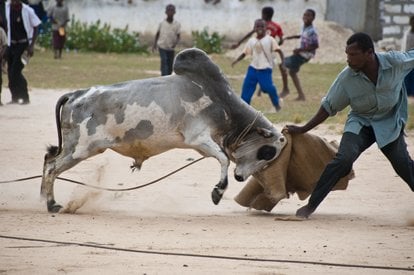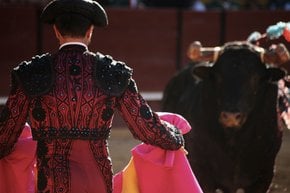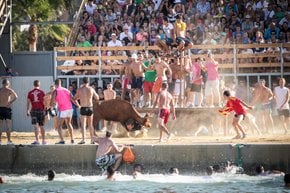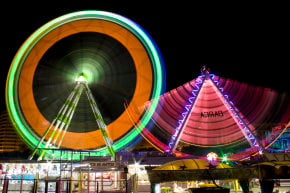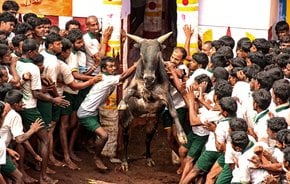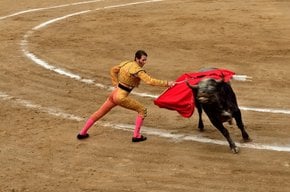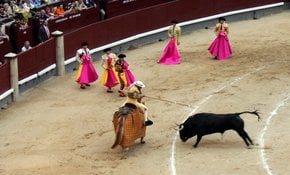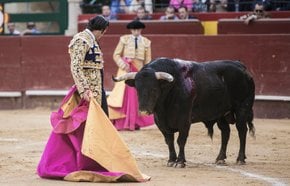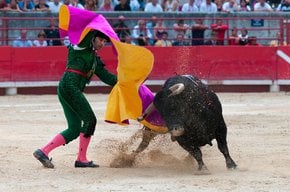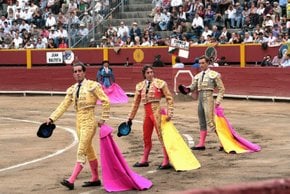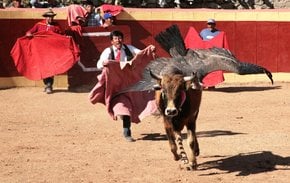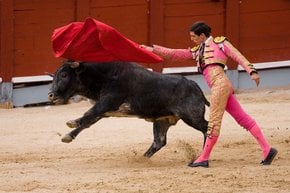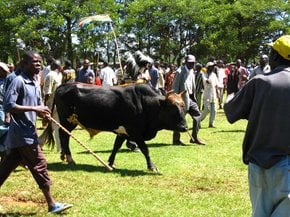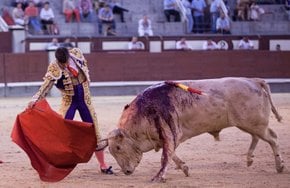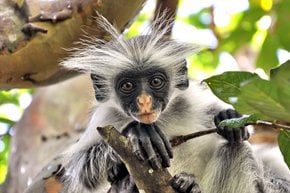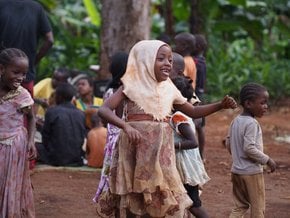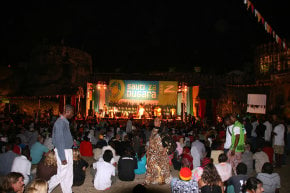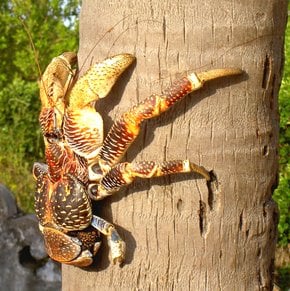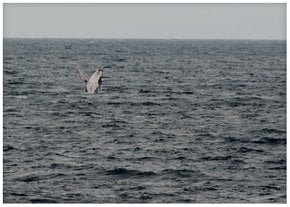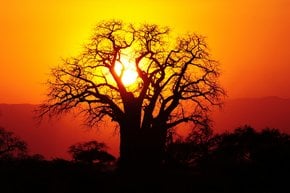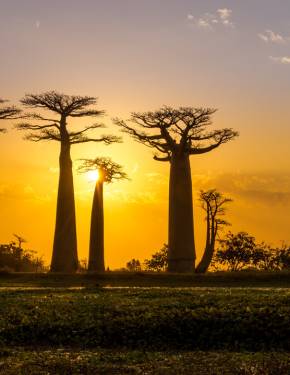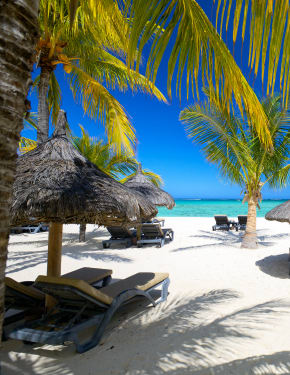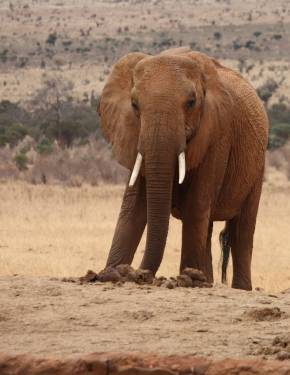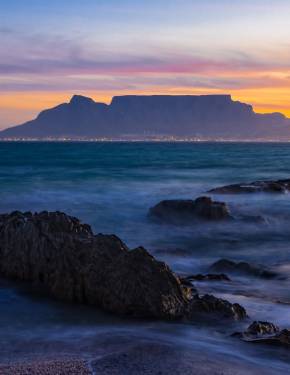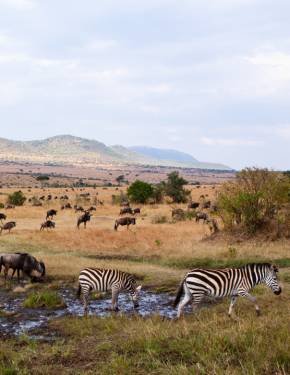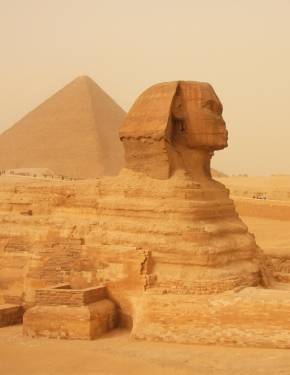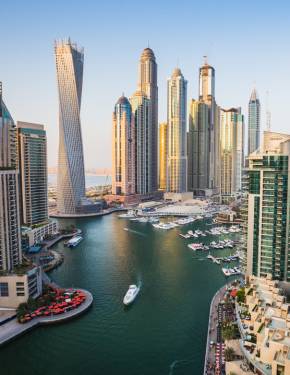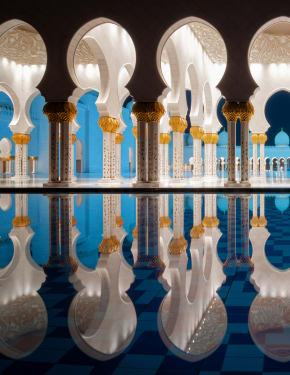Bullfighting on Pemba Island 2025-2026 in Zanzibar
It is not as bloody as the Spanish version nor as cruel as the Portuguese, but quite a picturesque spectacle
Dates: August–February
While not as colorful as its Spanish counterpart, bullfighting on Pemba Island offers unique surprises. Believed to have Portuguese origins, this traditional annual event resembles a Spanish bullfight, featuring a bull, a matador, and an audience. The spectacle is accompanied by lively music, singing, and drums, creating an engaging atmosphere. Unlike Spanish or Portuguese bullfighting, however, the bull is not killed at the end of the event; instead, it is honored and well cared for by its owner, reflecting a different cultural approach to the tradition.
Pemba Bullfighting Festival
Locals traditionally organize bullfights during the hottest season, after the clove harvest, or during state ceremonies like Revolution Day. The bullfighting events occur between August and February, with the annual Pemba Bullfighting Festival being the highlight. This festival attracts both locals and tourists to an arena where specially trained bulls compete against each other, demonstrating their strength and agility. The fights are accompanied by vibrant music, traditional dances, and various festivities, creating a lively and celebratory atmosphere.
Bullfights
During the actual fight, the bull is led to a small platform where women sing and clap their hands to provoke its anger. A traditional trumpet is also sounded near the bull’s ears to stimulate it further. The bull is then released onto the ground, tethered by a single rope around its neck for control. The challenger on the ground holds a piece of mat, and as the bull charges toward him, he skillfully waves it to engage the bull, prompting applause from the audience. When one bull becomes fatigued, it is replaced by another, and a typical event may feature four to six bulls in total.

